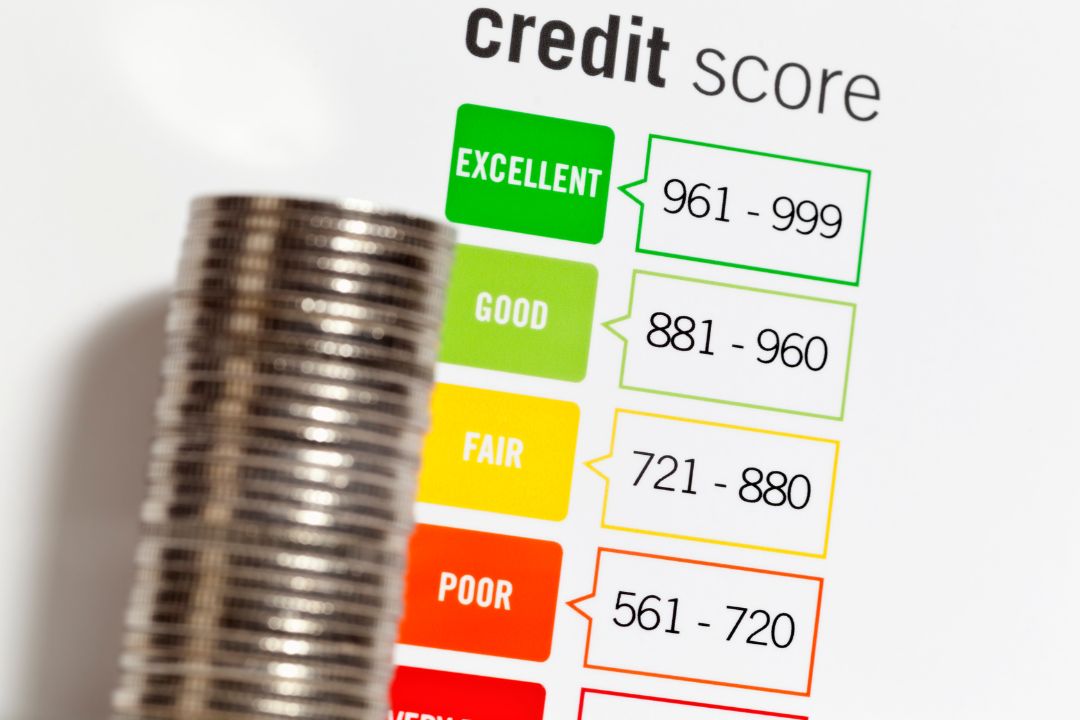It’s critical to have a strong Credit Score before applying for a mortgage. Before you apply for a mortgage, we’ll show you some quick steps you can take to raise your credit score.
Introduction:
Many people have a dream of purchasing a home. Yet, it’s crucial to examine your finances carefully before you begin the home-buying process. Your credit score is an important component of your finances. When making a mortgage application, having a decent credit score is crucial. You can get loans with better interest rates and terms if you have a high credit score. We’ll cover how to raise your credit score before submitting a mortgage application in this article.
How to Improve Your Credit Score Before Applying for a Mortgage:
Check Your Credit Report
Checking your credit report is the first step to raising your credit score. The major credit bureaus offer free credit reports. Incorrect account balances or inaccurate personal information should be checked for in your credit report. Any mistakes you find should be disputed with the credit bureau.
Pay Your Bills on Time
Paying your bills on time is one of the most important parts of figuring out your credit score. Paying your bills late might negatively affect your credit score, so it’s crucial to do so. Establish automatic payments or reminders to make sure you never forget to make payments.
Reduce Your Credit Card Balances
High credit card balances might have an effect on your credit score. Maintaining low credit card balances is crucial. Strive to maintain the balances on your credit cards at 30% or less of the available credit. Try to maintain your debt at $3,000 or less if your credit limit is $10,000, for instance.
Don’t Close Old Credit Cards
Your credit score may suffer if you close outdated credit cards. The length of your credit history has a significant impact on your credit score. Closing an old credit card can result in a shorter credit history and a lower credit score. To keep your old credit cards active, keep them open and use them sometimes.
Avoid Applying for New Credit
New credit applications may have an effect on your credit score. The creditor will do a hard inquiry on your credit record when you apply for new credit, which could reduce your credit score. Avoid requesting new credit before requesting a mortgage.
Pay Down Your Debts
Your credit score can rise if you pay off your bills. Your credit score may suffer if you have a large credit card or other debt balance. Lowering your credit utilization rate and raising your credit score can both be achieved by paying off your bills.
FAQs:
Q. How long does it take to improve your credit score before applying for a mortgage loan?
A. While certain changes in your credit score may occur rapidly, others may take time. For instance, lowering your credit card bills will quickly raise your credit score. Some aspects, like your credit history, take longer to change.
Q. What credit score must I have in order to get approved for a mortgage?
A. Depending on the lender and the type of loan, different credit scores are needed to get approved for a mortgage. Yet often, in order to be eligible for a traditional mortgage, you need to have a credit score of at least 620.
Q. I have a bad credit score; is it still possible to secure a mortgage?
A. You can still obtain a mortgage with a low credit score, but you might have to deal with higher interest rates and more stringent lending conditions. When submitting a mortgage application, it’s critical to concentrate on raising your credit score to raise your chances of being approved for a loan with better terms.
Q. How long would it take for my credit score to improve?
A. The severity of the bad items on your credit report and the steps you take to repair your credit will affect how long it takes for your credit score to recover. A longer credit history can take years to establish, while some improvements, like paying off your credit card debt, can be made in a matter of months.
Q. Should I work with a credit repair business to raise my score?
A. While there are reputable firms that can help you raise your credit score, there are also a lot of frauds. Do your homework and examine a credit repair company’s reputation with the Better Business Bureau before using it. Self-help measures to raise your credit score are frequently more efficient.
Q. How frequently must I check my credit score?
A. To make sure your credit report is accurate, you should check your credit score at least once a year. Every year, you are entitled to a free credit report from each of the three main bureaus. If you attempt to raise your credit score, checking it more frequently—once a month, for example—can help you keep track of your advancement.
Q. What if my credit score can’t be raised before I apply for a mortgage?
A. Even if you can’t improve your credit score before you apply for a mortgage, you still have options. For instance, you can think about obtaining a co-signer or applying for a government-backed loan, such as an FHA loan, which might have more forgiving credit score restrictions. But, keep in mind that these solutions can have more stringent lending terms and higher interest rates.
Conclusion:
Prior to submitting a mortgage application, you must raise your credit score. You may be eligible for higher interest rates and loan terms with a high credit score. You may raise your credit score and your chances of being accepted for a mortgage by reviewing your credit report, paying all of your bills on time, paying down your credit card balances, and refraining from applying for new credit. Don’t forget to improve.





